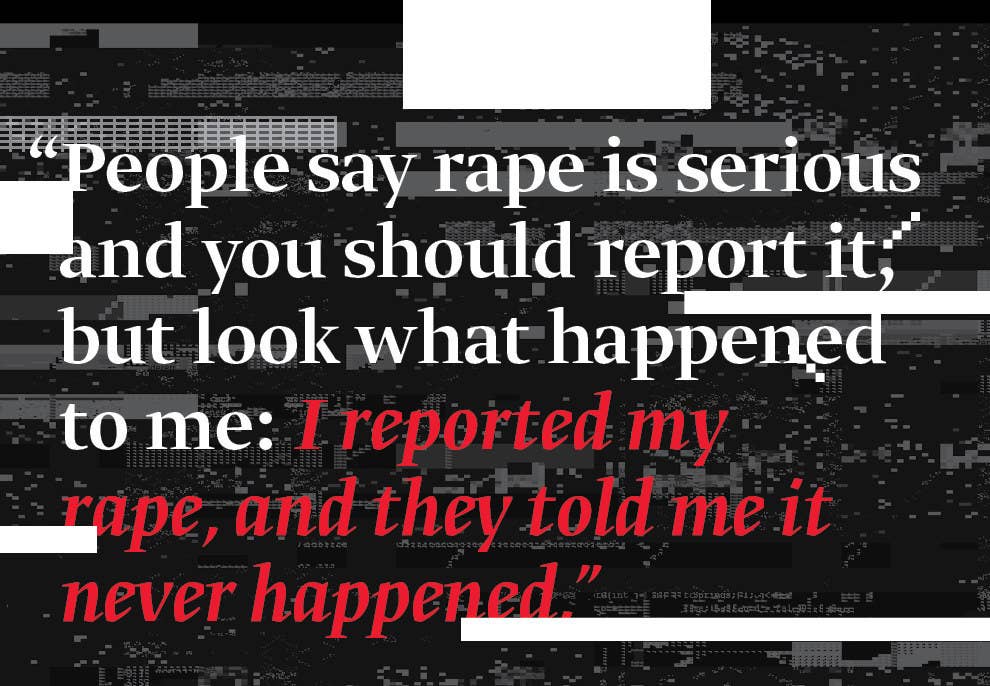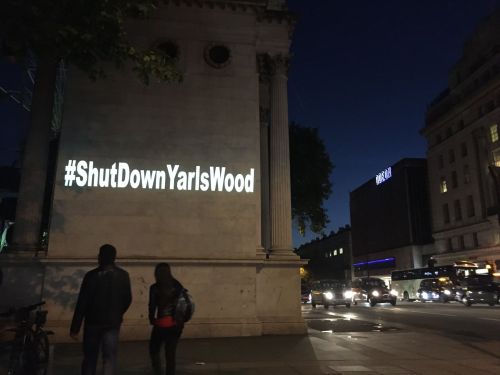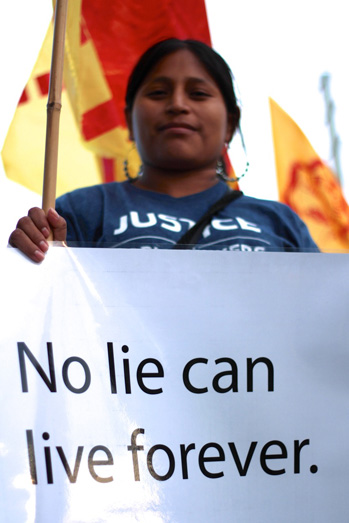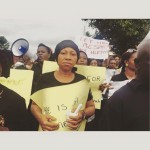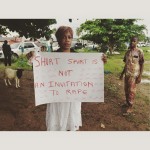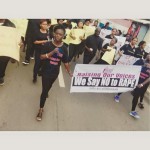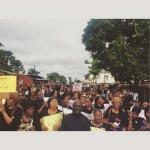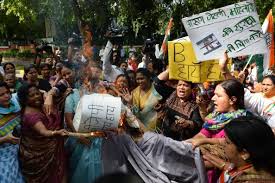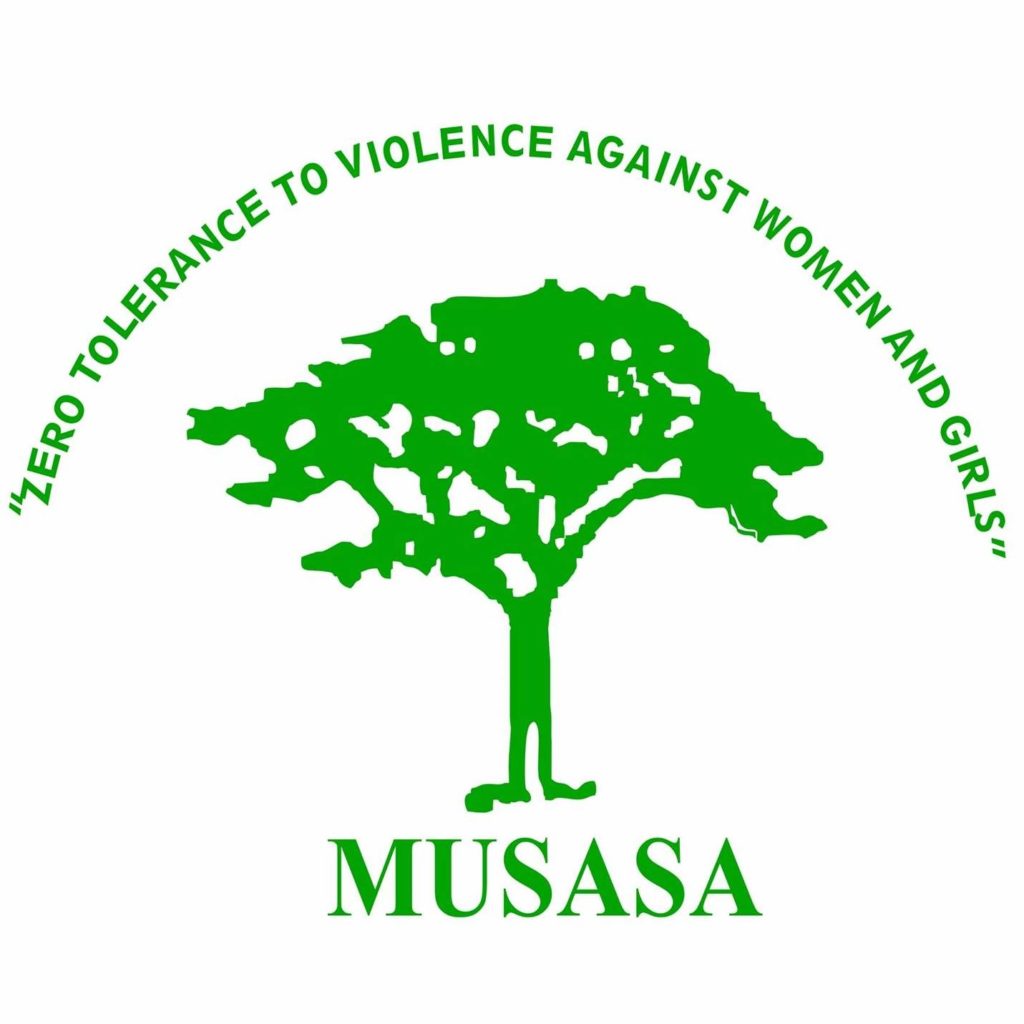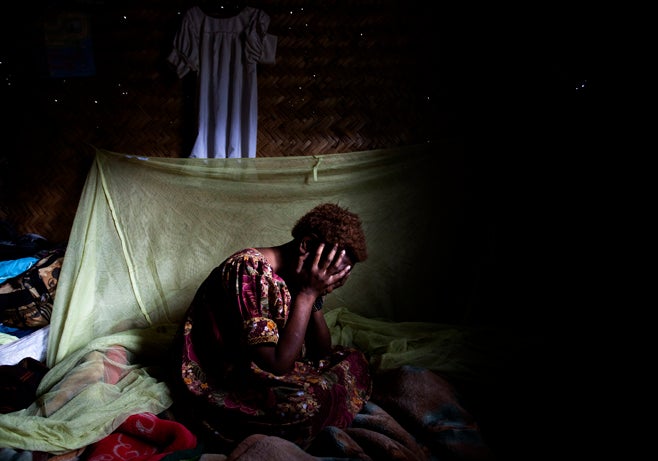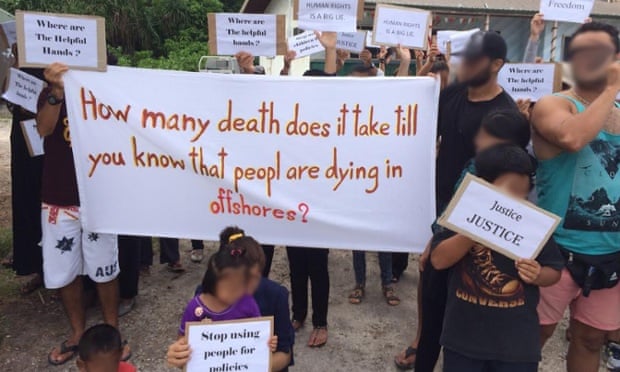
Australia routinely throws asylum seekers into prisons, mostly in remote areas or, even better, on islands, “an enforcement archipelago of detention … an archipelago of exclusion.” The gulag archipelago didn’t end; it became the intended end-of-the-road universe for asylum seekers and refugees. Last year, Australia was “shocked” by reports that children represent the greatest percentage of self-harm and suicidal behavior. Now, Australia is “shocked” once again to find that sexual violence against women asylum seekers and refugees occurs. Australia is shocked … but not shamed.
The incidents this time involve three women, two Somali and one Iranian woman. The Iranian is in hospital. One of the Somali women is pregnant as a result of the rape. It took the police four hours to arrive, and then … pretty much nothing happened. None of this is new or surprising. In July, the Immigration Department heard again of rampant violence against women and children, and then … pretty much nothing happened. Advocates Pamela Curr and Daniel Webster know that these three women are “the tip of the iceberg.” Despite the State trying to keep the media away from its penal colonies, none of this is secret or surprising. A week ago, the mother of the Iranian woman, despondent at the entirety of the situation, attempted suicide. Apart from placing under surveillance, under the guise of a suicide watch, nothing changed.
Pediatricians in Melbourne are organizing, refusing to send children back to detention centers, because the situation is so dire. The situation was always dire. It was meant to be. Study after study suggests that the problem of health care for asylum seekers in detention is not inadequate health care. The problem is detention. Study after study shows that children in detention breathe sadness and fear, trauma, that will stay with them, for many forever.
The news this weekend is that the Somali woman may be brought to the mainland to receive an abortion … and then what? Nauru said it would process everyone within a week and now backtracks on that. Australia is planning on moving some or all of the asylum seekers and refugees on Manus Island to the Philippines, and none of the refugees or asylum seekers has a heard a word about this from the State. Across Australia, many marched this weekend to protest the treatment of refugees and asylum seekers.
This is democracy in the current world order. To ask for help is to give up citizenship. If you are a woman and you ask for help, you give up your humanity. The gulag archipelago never left. It became the democratically elected global archipelago.
(Photo Credit: The Guardian)
